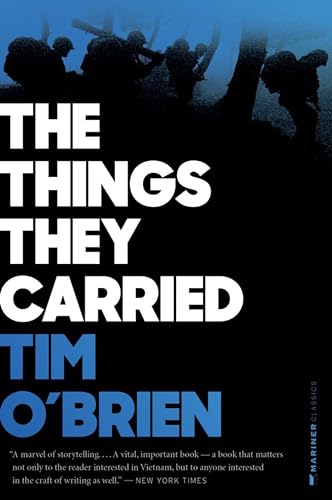About The Book
Celebrated by reviewers as being “the greatest language book I have ever read,” this text has been touted as the best overview of basic principles...
Read more
and strategies for English language teaching. Written in Dìaz-Rico's passionate style, the second edition of Strategies for Teaching English Learners continues to be a one-stop introduction to teaching English to speakers of other languages. It includes an introduction to the fascination and challenges of teaching English learners and offers a comprehensive overview of learning theories and teaching strategies. A breakthrough in language teaching and learning, this thought-provoking text includes coverage of second language acquisition issues and techniques, as well as attention to such controversial topics as the influence of culture on schooling, the cultural practices of schooling, and the sociopolitical context of education. Thoroughly updated, the second edition includes a description of the unique contributions of non-native-English-speaking teachers make to the teaching of English, up-to-date information on the demographics of English learners and the demand for English teachers worldwide, a profile of an elementary school with an innovative social-justice curriculum approach, suggestions about the use of learning centers in English-as-a-foreign-language elementary classrooms, an expanded definition of culture to include a contemporary emphasis on identity, a critical view about the study of gender and race in the classroom, new ways to incorporate volunteers into classroom instruction, ways to encourage “virtual volunteering,” and finally project-based learning and service learning are creatively combined in Chapter 15 as ways to link English learners with the larger community. Take a peek inside... Unique Chapter 1 “Who Are English Learners and Their Teachers?” provides a clear and effective explanation of TESOL terminology, helping novice teachers become familiar with the professional jargon used in the field and serving as a guide to professional preparation programs in TESOL. Discusses how language teachers are critical pedagogists and critical sociologists, addressing the fascinating topics related to language and power (Ch. 2). Presents a concise yet comprehensible overview of the philosophical foundations of education, behavioral and cognitive methods, brain-compatible learning and affective and emotional factors as they relate to language learning (Ch. 3). Standards-based learning overview in Chapter 4 provides teachers with the connection to performance standards. A complete guide to lesson planning in Chapter 4 shows teachers how to create lesson plans within a constructivist planning framework. Chapter 4, “Performance-Based Learning,” provides teachers with the A to Z on learning styles, study and survival skills, and computer-mediated communication as it applies to the ESL/EFL classroom. In-depth discussion about English instruction in a Dual Language Program clarifies for students the role of English in bilingual programs (Ch. 11). Discussion of issues related to parental involvement adds a new dimension to this often forgotten but important topic as it relates to language teaching.
Hide more




